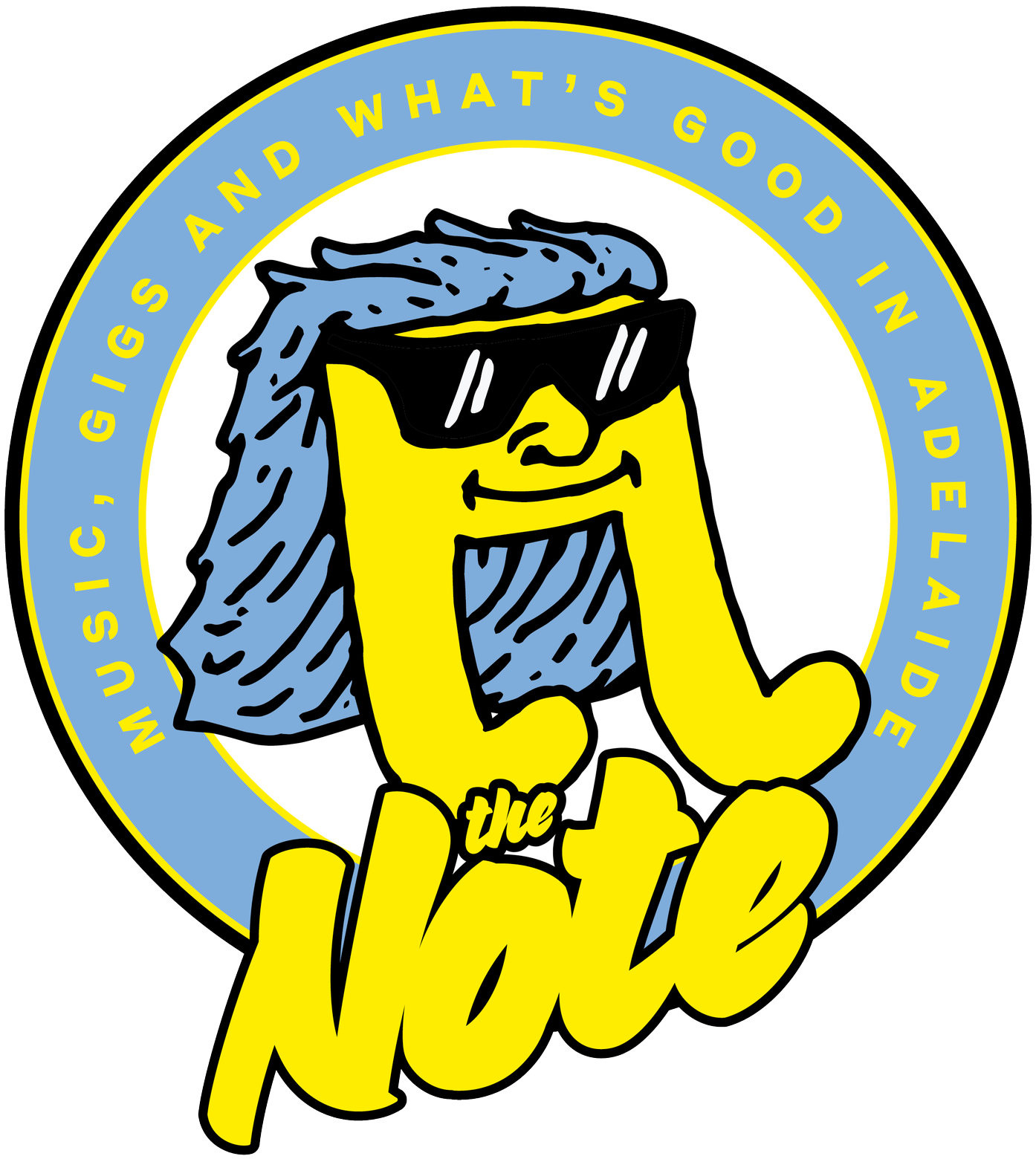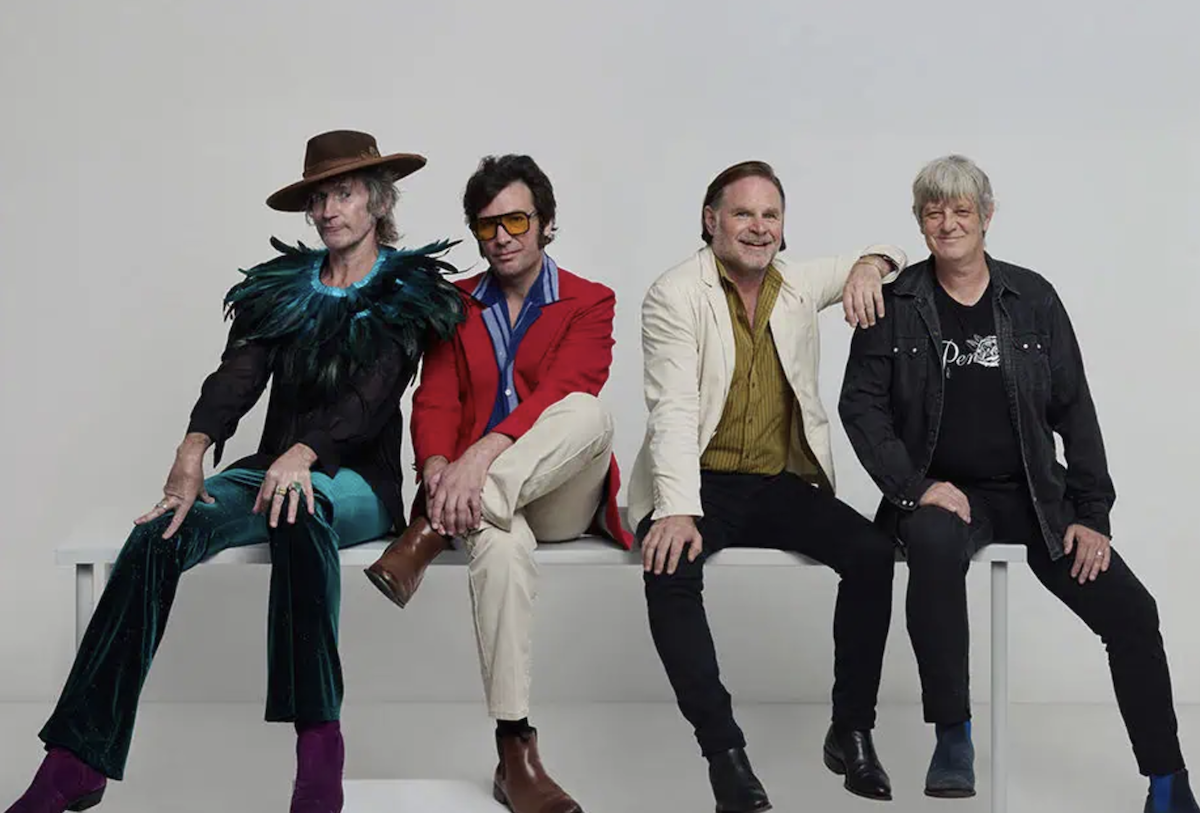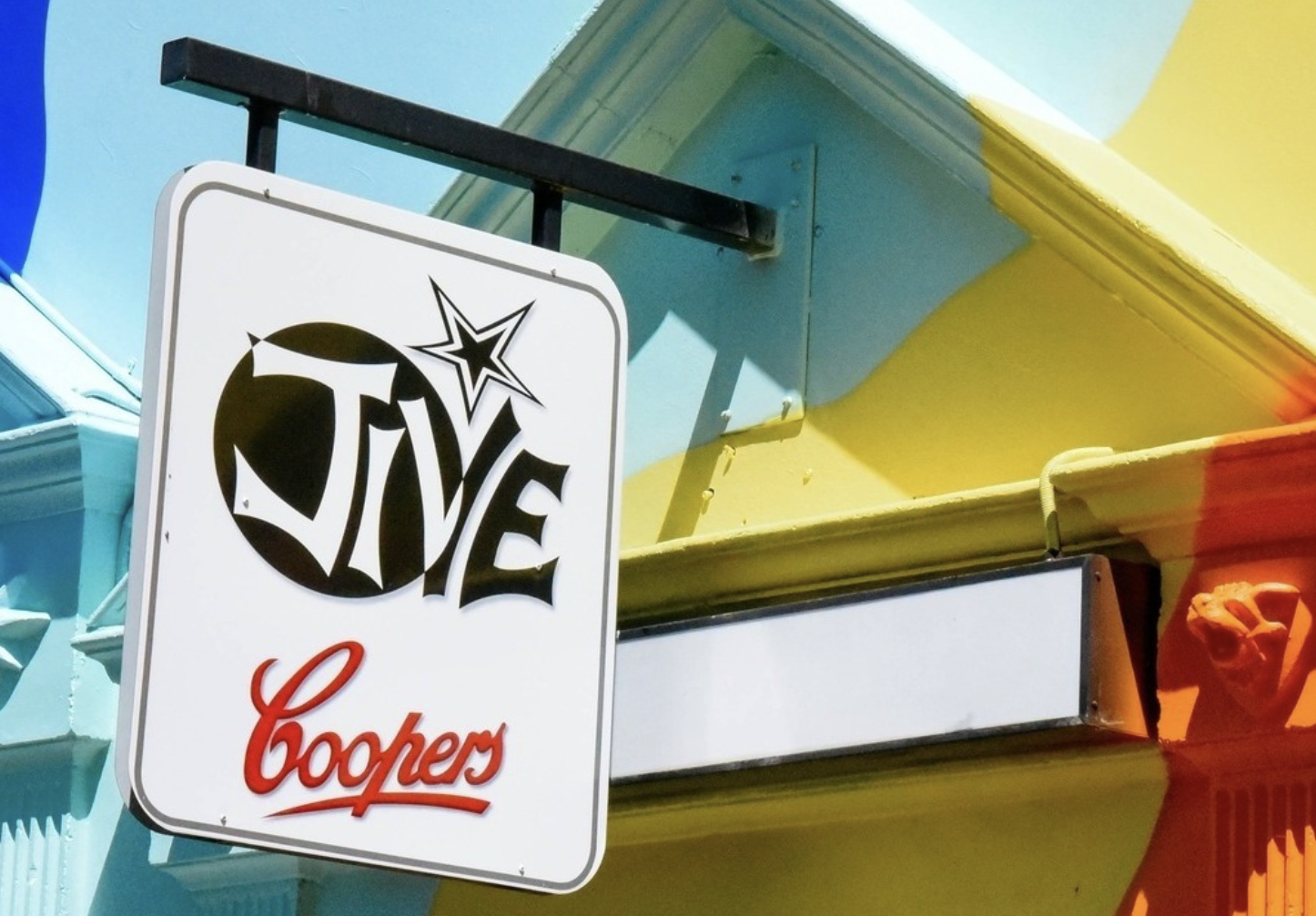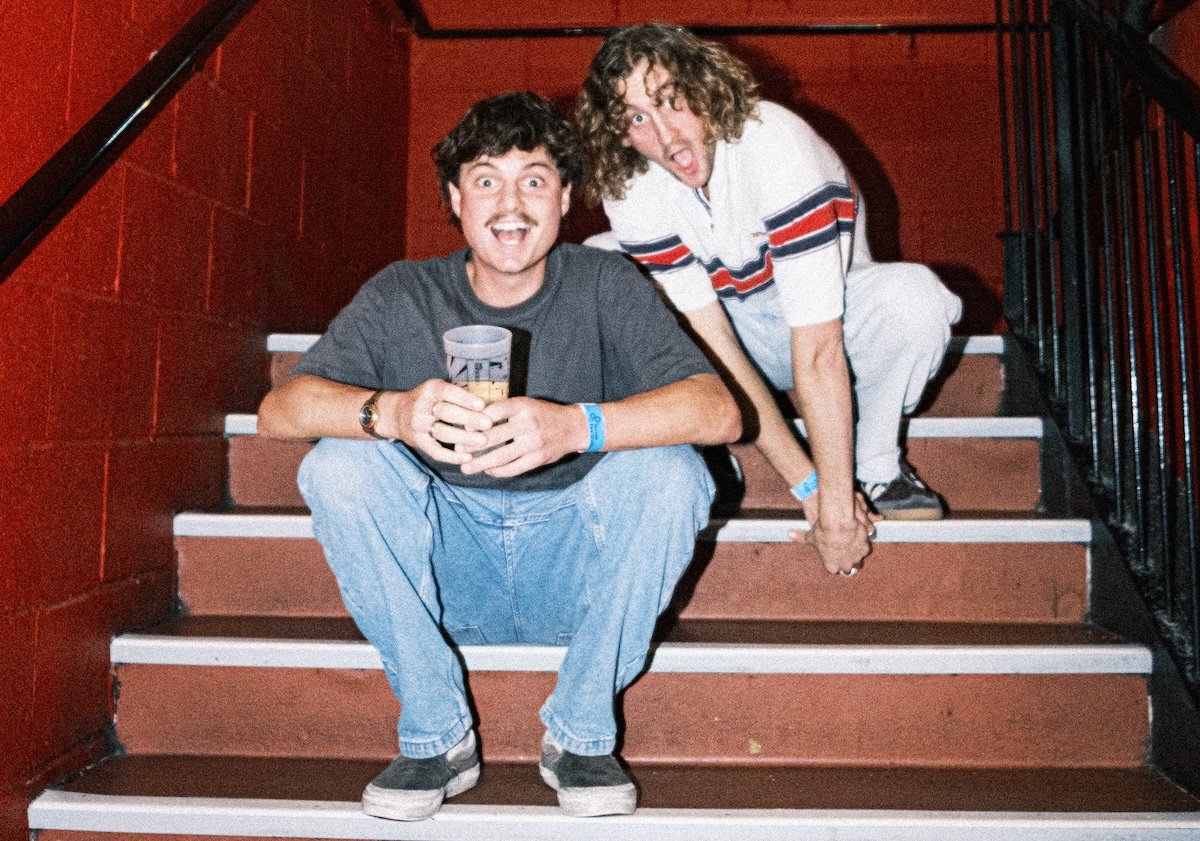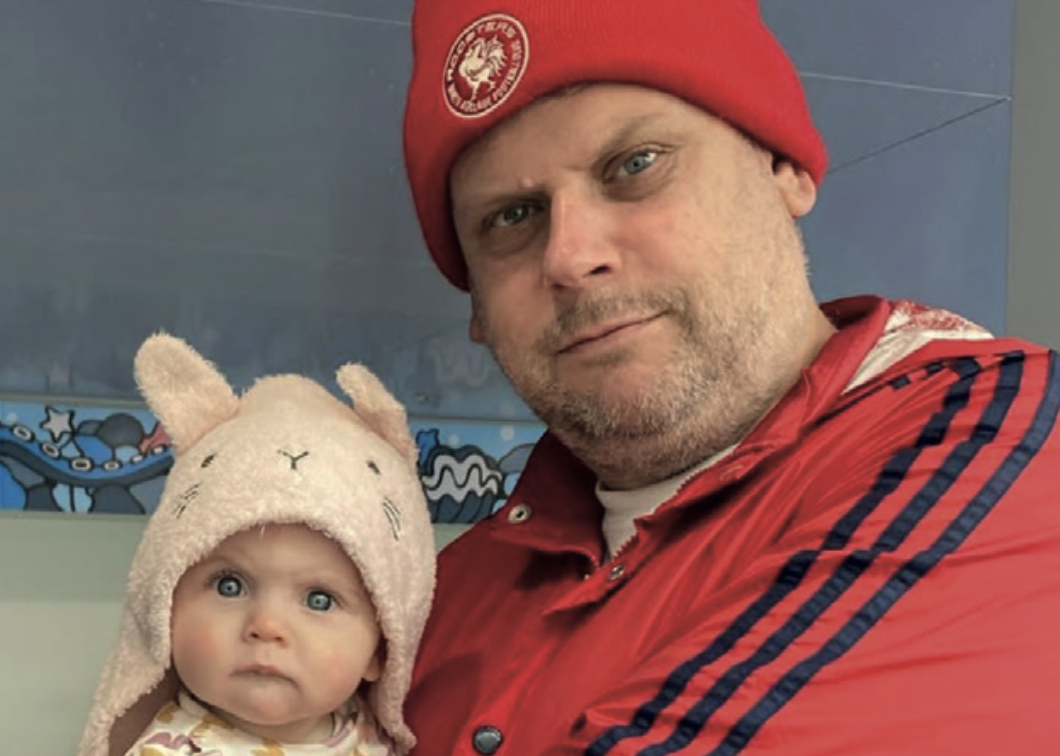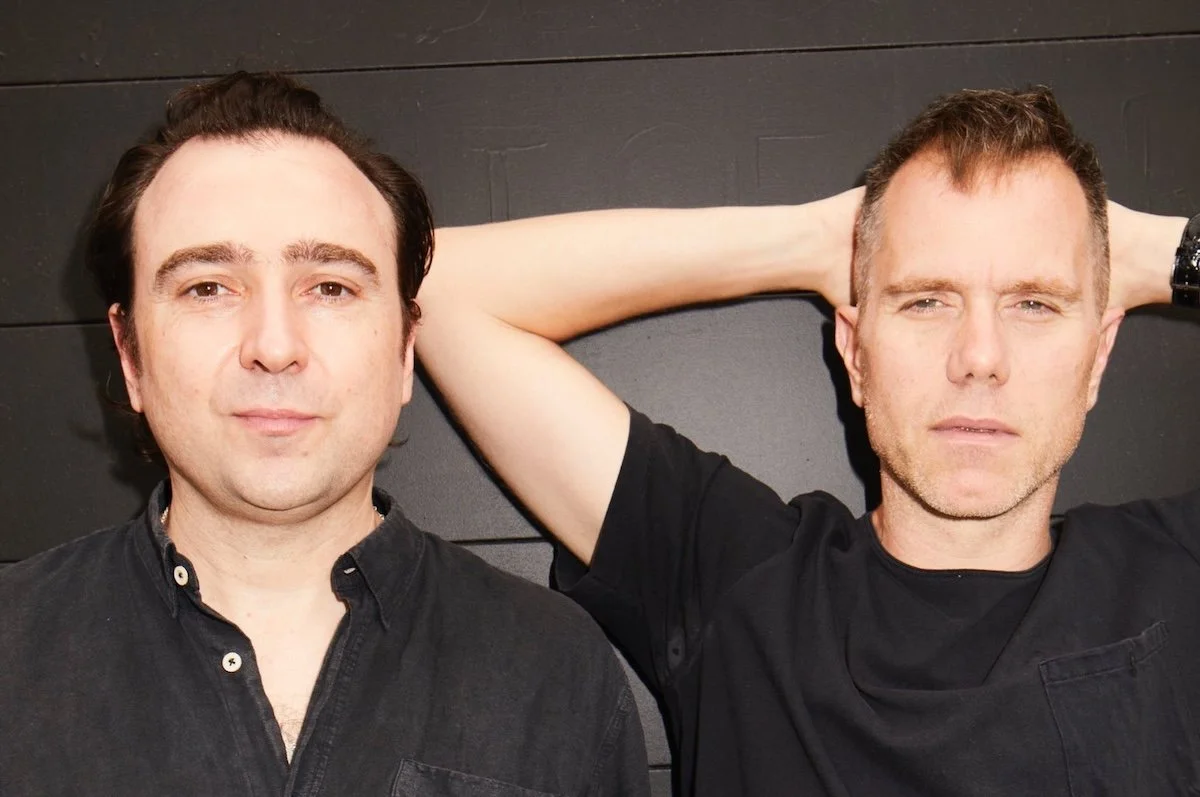Interstate Touring: A Joyful Kind of Not Knowing
Adelaide-based artists Venus, Louis Campbell, and Luka Kilgariff on the highs and lows of interstate touring.
Words by Emily Wilson
As soon as I press the red button on my tape recorder, ready to capture this interview with Venus (front-person of indie-rock outfit Swapmeet), Louis Campbell, and Luka Kilgariff (both from raucous post-punk outfit War Room), Venus races into the kitchen to boil the kettle. “Don’t start without me!” she yells out.
Later, about halfway through the conversation, she races off to the toilet, making us promise not to say anything interesting without her. At another point, she also considers halting the interview to smoke a cigarette, but eventually decides against it, realising she is probably capable of going an hour without a nicotine hit.
Venus is always racing around, struck by sudden inspiration; by the need to do something else, to be somewhere else. It’s a beautiful state of constant flux that, to me, embodies what I’ve gathered these musicians to talk about: the transient, unpredictable process of interstate touring.
Venus, Louis, and Luka are sitting in my living room, back home after travelling to Naarm for a recent show together. Swapmeet and War Room are both based on Kaurna land, however the three went on tour to play dogworld – a show hosted by DIY Brunswick venue, D Shut, in July.
It seems like a daunting prospect to uproot yourself and play in a city where people are far less likely to have heard of your band. Venus agrees with this perspective: “Touring, at first, seems like something you want to jump into, until you realise that people won’t come see you in a different city.”
In Adelaide, she says there’ll often be some semblance of an audience present because of our limited live music venues. If your band plays the Cranker – even if no one has heard of you yet – there will always be people watching you play because they just happen to be there. The smallness of our city often lends itself to the growth of a constant audience. “It’s different in other cities,” Venus says.
I wonder if they feel they have less control over how interstate shows play out compared to local venues that they are far more familiar with.
“Absolutely,” Venus says. “The thing we do have control over is how we play.”
This isn’t necessarily a bad thing, Luka interjects – the standards are higher on home soil, playing to a room of people who are familiar with your sound, or who know you personally. “[Elsewhere], it’s not as high pressure. You want to put on a good show, but… it’s a new place. Elements are outside of your control. So, you just rock up and try… the best you can. You just see what happens.”
“I think it’s a joyful kind of not knowing,” Venus concludes.
Touring is crucial to building credibility as an artist. However, I already know the answer when I ask if the three considered travelling to play interstate a viable part of their craft in this economy.
“No,” Venus says.
“Not at all,” Luka adds. “The gig we did, we made…”
“The money to pay for the fuel,” Louis finishes.
Luka continues, “We didn’t go into it thinking, ‘Fuck, let’s try to break even’. It’s more like, ‘This show’s going to be fucking sick, let’s go’.”
Louis says most of what bands make is funnelled back into touring. “The better trips you have, the more trips you can do,” he says. “No one is thinking about it in terms of making money. It just doesn’t happen in niche music.
“For me, it’s so much fun to do these trips that it’s become the goal to get into a situation with the band where [we can do this] sustainably.”
They love to tour it seems. Being able to tour is, as Louis says, the goal. But I wonder if it’s ever too scattering for them, too physically and emotionally draining. Do they ever struggle to be away, to be on the road, to be ungrounded?
“I know for other people,” Louis says, “it’s way harder being away from home, it’s way harder not eating very well and sleeping on the floor.”
“If we lived the way we lived a few weekends ago for two weeks straight, we would start to hate ourselves,” says Luka. “But in short bursts, it’s fine.”
“Tour is an escape,” adds Venus.
The three agree a critical factor in touring interstate successfully is making the right connections and building rapport with other local bands. Venus declares that “just knowing what bands to play with” is absolutely crucial. “We were ready because we had made friends with other bands [in Naarm].”
“It’s definitely easier when you have connections and know a little bit about what’s going on,” Luka adds. “You can book yourself with bands that are similar to you, instead of rocking up and hoping for the best.
“We knew D-shut was going to be good. We knew the bands were going to be good. We put trust in dogworld to curate a good lineup. We knew the venue and what they’re about.”
There’s a vastness in the Melbourne scene that differs from Adelaide’s interconnectedness. There are so many fringes and pockets, it would be impossible to understand everything – everyone – so intimately. But exploring its enormity is part of the fun. “Every [tour has] been a holiday,” Luka says.
“But I think that’s the way to do it,” Venus jumps in. “I think a real thing that will end a creative pursuit is if you give into the idea that you should be treating it as a job.” Becoming “apathetic” is a recipe for disaster.
I suggest that it seems to me to be creatively imperative to them to enjoy the process of touring, despite its ups and downs.
“Yeah, exactly,” she says. “We take extra steps to ensure that it’s also fun because what is the point in pursuing something that you love if you’re not going to make it as fun as possible.”
She continues, “The best way to figure out [the scene] is to get involved with it.”
“We did lots of exploring and partying and hanging out,” adds Louis.
For Louis, touring can become a “research trip” of sorts. “I love to ask people, ‘What are your favourite bands? What bands don’t you like? How’s the scene work? What’s this venue like? What do you guys think of Adelaide?’ Sitting at the pub with our friends over there and having these conversations means we know what to do when we go back.”
I wonder whether the other artists they’re spending time with interstate are familiar with Adelaide’s arts scene, or if it’s something that needs to be explained.
“We mostly have to explain,” all three chime
“Everyone has a pretty fond opinion of Adelaide,” posits Louis. “I think when you live in Naarm, it’s very cool to not be from Naarm. In Adelaide, there isn’t one sound, so people find it fascinating. For a small city, without a real history of bands that break out nationally, let alone internationally - it’s like, ‘Oh what the fuck, these guys are cool and their music is cool’.”
The dogworld gig sold out. You can feel the pride fizzing through the trio as they recount the July show. “There was no way we were going to put on a lukewarm show,” Louis rushes. “And so that’s what we did! It was awesome. Everyone was getting into everything.”
“The sound guy came up to me when [Swapmeet] was done and was like, ‘Dude! I couldn’t get my phone out in time, but it was crazy from the back, everyone was in unison going,” Venus trails off, mimicking an intense, skull-rattling headbang. “It was great, such a good room.” She rushes off to boil the kettle again.
Community is at the core of finding success interstate – evident in the emphasis the trio place on breaking new ground each trip. Is this something that they think that Adelaide bands are good at?
“I think it’s so hard for Adelaide,” Venus sighs. “We’re not on the tour circuit, so we miss bands coming here because we’re not on the east coast. There’s constant touring around there, which means people meet other people from interstate.
“But I think we’ve been lucky with the fact that artists we’re similar to have been making the trip to Adelaide, just based on knowing maybe one or two people. It’s opened opportunities to go to Melbourne. And the more that happens…” She pedals her hands, indicating it’ll become a cyclical process. “I hope we’re able to get more bands over to Adelaide, because that’s just how it works.”
The topic turns back to our scene – how it looks and sounds to people regularly gigging across the eastern seaboard. “[People] want to check it out,” Luka shares. “They like the music that’s coming out of Adelaide.”
Louis rattles off interstate band friends who have been particularly enthusiastic about the music currently coming out of Adelaide, namechecking musicians such as Finn Quaid, and members of bands such as Speed Mullet and 00_.
“It’s never demeaning,” he says. “It’s always like, ‘Adelaide is fucking sick’. They love the way the scene works. There is no triple j circuit, there’s none of that here. When it comes to institutional support, triple j [don't have] eyes on the city. Which is great.”
Louis equates triple j's ethos to a form of doublethink -- an institution that perhaps lacks originality and is out of the loop with genuine music and art. "It’s good that we don’t even have to worry about it here."
"And we don’t have to pretend that we like it just in case the wrong person overhears,” Venus adds, saying there’s an unspoken state-wide feeling that, “Other Naarm bands are cringe for being from Naarm. Bands of a similar style from somewhere small is cool.”
“We have bumpkin charm, as well,” Luka adds - a crucial point.
“I don’t think that Naarm is the most welcoming city for musicians who are trying to get into the club and that can be felt with bands that move there,” Louis continues. “We’re lucky we’ve found our crew of fringe Melbournites who accepted us and introduced us to more people. I don’t think it’s like that for everyone.”
In Melbourne, it feels like the ability to ‘make it’ as an artist is ever-so-slightly more in reach than in our glorified country town, rendering the sense of competition overwhelming. Louis has a perfect descriptor for the situation: “In Adelaide, we know where the ceiling is, and we just keep hitting our heads against it.”
In Adelaide, there’s a keen awareness that reaching success on a global – or even national scale – can be a long shot. Perhaps that’s why the art we put out is pulled from a deeper place – from a place of necessity and expression, not merely in pursuit of recognition from higher ups who deem who deserves success.
Venus is now on her feet, reaching for the clattering handle of the screen door that leads to my balcony. “I think it's ciggie time.” Having spent all her money while touring Europe with the Empty Threats, the cigarette she is rolling is going to be all smoke and hardly any tobacco.
Luka and Louis leap up to follow her, ready for a nicotine hit and a breath of mild nighttime air. They pass the cigarette between their circle of three, shifting between quiet contemplation and sleepy chuckling, continuing to trade their favourite memories from tour even when the tape recorder has finally been switched off.
Stay up to date with Swapmeet here and War Room here.
